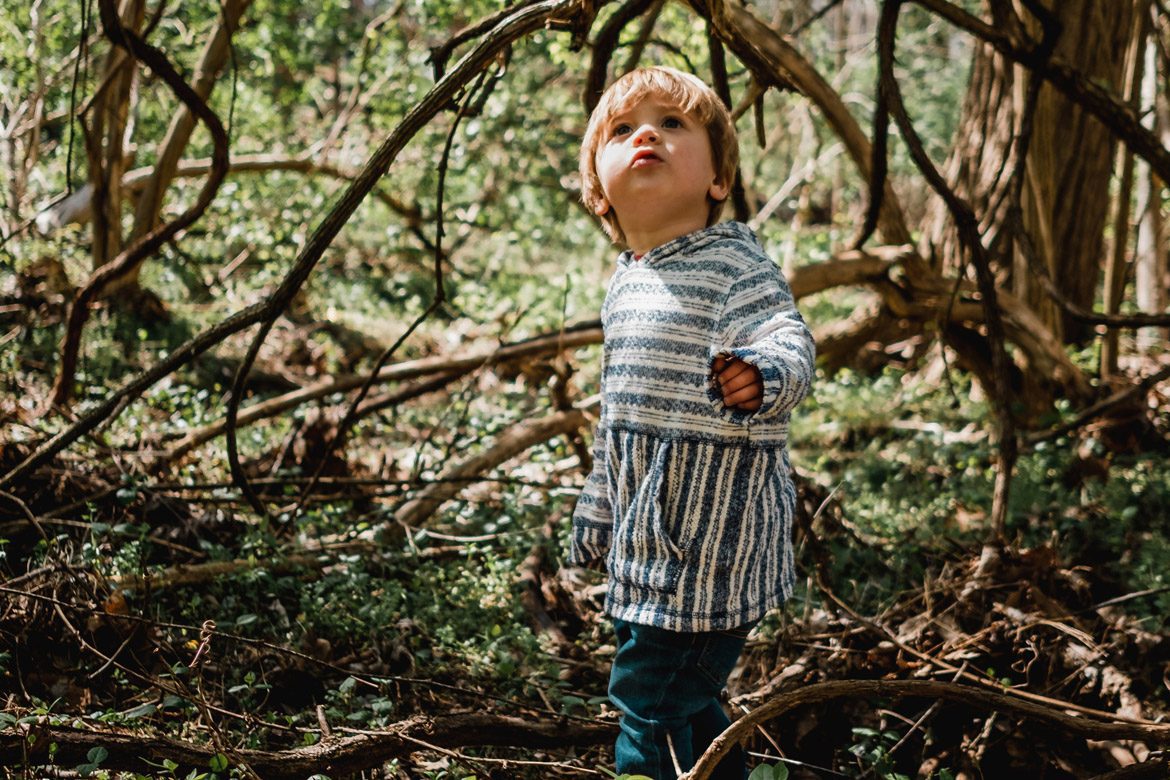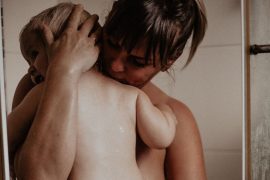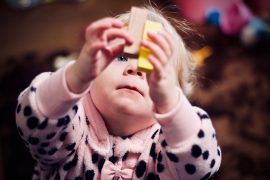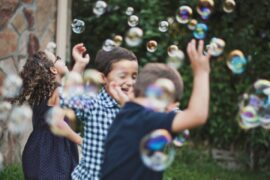By Mona Delahooke
Toddlers are wildly and wonderfully unpredictable. One minute, your little girl might be happily conversing with you, and the next, she’s out of control, rolling on the floor in agony because she can’t have that cupcake she just spotted on a TV commercial. For parents, this seemingly unpredictable lack of emotional control can be exasperating – unless, that is, you’re expecting it.
One reason parents can feel so frustrated about toddler’s behavior is the “expectation gap”. Many parents assume that tots are capable – or should be capable – of doing things that their brains simply aren’t ready to do yet.
A major survey by the Zero to Three Foundation, the world’s largest organization dedicated to infant and toddler well-being, revealed that 56 per cent of parents believe that children have the impulse control to resist the desire to do something forbidden before age 3. And 36 per cent believe that children under age 2 can do so. The truth: toddlers don’t start developing these abilities reliably until age 3-1/2 or 4 at the earliest.
The same survey found that 43 per cent of parents think children can reliably share and take turns with other children before age 2. In reality, this skill develops between 3 to 4 years as well.
If you’re skeptical of these results, you might wonder why your toddler can sometimes successfully manage a situation, but at other times behave poorly in identical circumstances. Doesn’t this mean that the child is purposefully choosing to misbehave?
The short answer is no. Toddlers’ behavior is so unpredictable because attaining the capacity to control one’s emotions and actions depends on a mix of the child’s brain development and her body’s state at any given moment. All of these factors influence the child’s ability to control behavior:
- Rapid brain growth with neural circuits in flux
- Sleep requirements not being met
- Hunger, or fluctuating blood sugar levels (known as being “hangry”)
- One’s subconscious sense of safety-which can depend on the environment and relationships
- Body states, including pain from teething, an incubating virus, or overreactivity to sounds or other sensory input
- The expected ups and downs of social and emotional growth
See next page for more…











